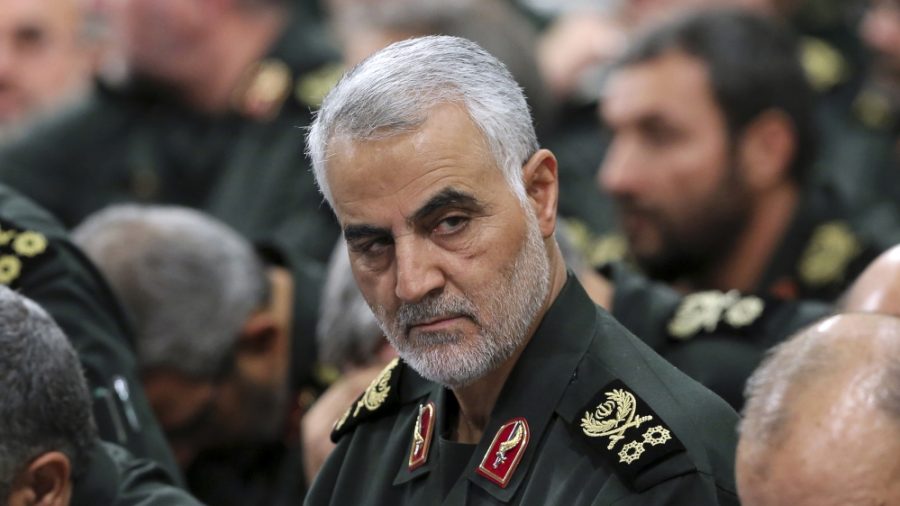Iranian General Dead in US Bombing
January 15, 2020
On Friday, January 3, Iranian General Qassim Suleimani was killed in a drone strike sanctioned by Donald Trump. Qassim Suleimani was known as the second most powerful man in Iran and leader of the Quds Force, a division known for secretive and international affairs, likened to a combination of the U.S. CIA and Special Forces. This event has sparked a dramatic increase of tension between the United States and Iran and sparked much political debate over the action.
The Iranian public has reacted very emotionally to the death of this general. His death has caused Iran to flood with anti-US sentiment, as thousands flooded the streets to mourn his death. This mourning is taking place over a three day period for a man whose approval rating was higher than the Iranian Presidents in Iran. Although the Iranian public is outraged, they have cited their hatred to be toward Donald Trump, and not toward the public of the United States. The Iranian government has vowed “revenge for this heinous crime.” Since the incident, the Iranian government has denied allegations of shooting down a Ukranian airliner, but have since admitted that they did. Further action by Iran is being monitored worldwide to see if tensions will rise any higher.
` In the United States, public reaction has varied greatly, mainly stemming from partisan views. While some believe the attack was warranted and even admirable, others believe it was reckless and unnecessary. Trump is receiving backlash as he stated the attacks were due to Suleimani being responsible for “millions of deaths” and attacks on U.S. embassies in Iran. However, the typical response to a conflict on embassies is a formal draft to the United Nations condemning the attacks. Trump did not follow these measures as the attacks were sanctioned directly by him, leading to criticism.
Whether you live in Iran or in the United States, you will most likely continue to look at the other with a keen eye, looking for any further escalations in conflict.

